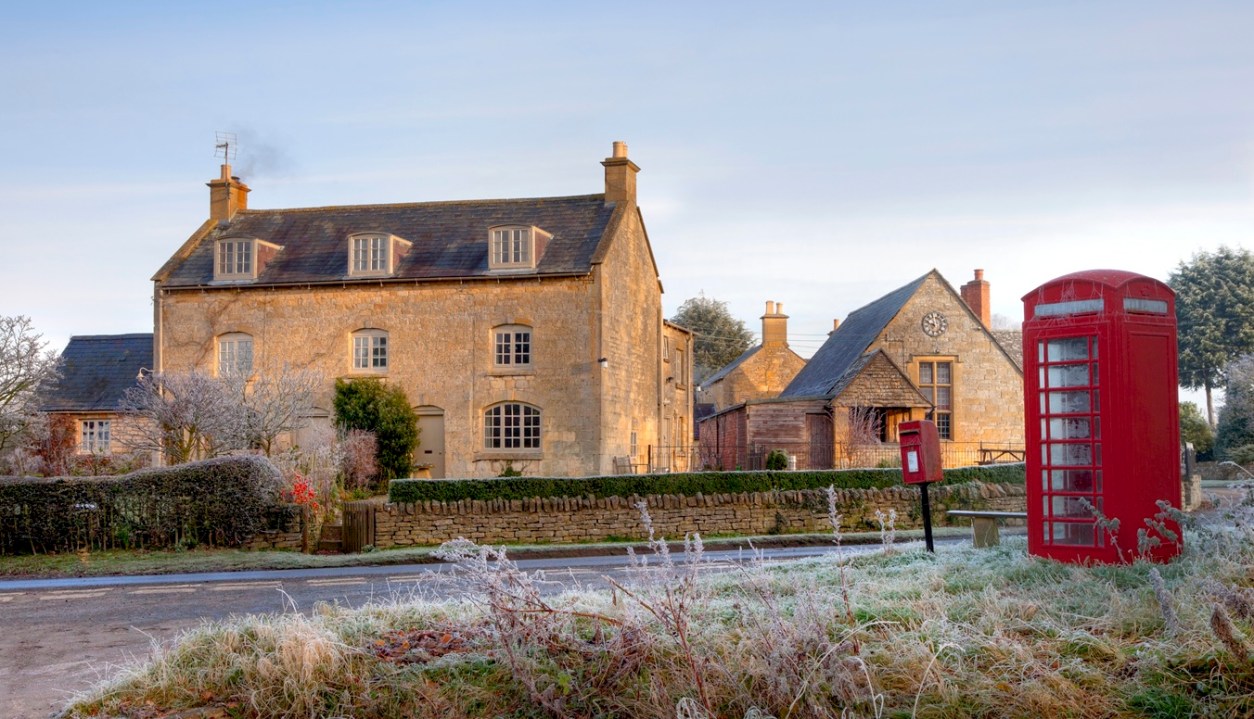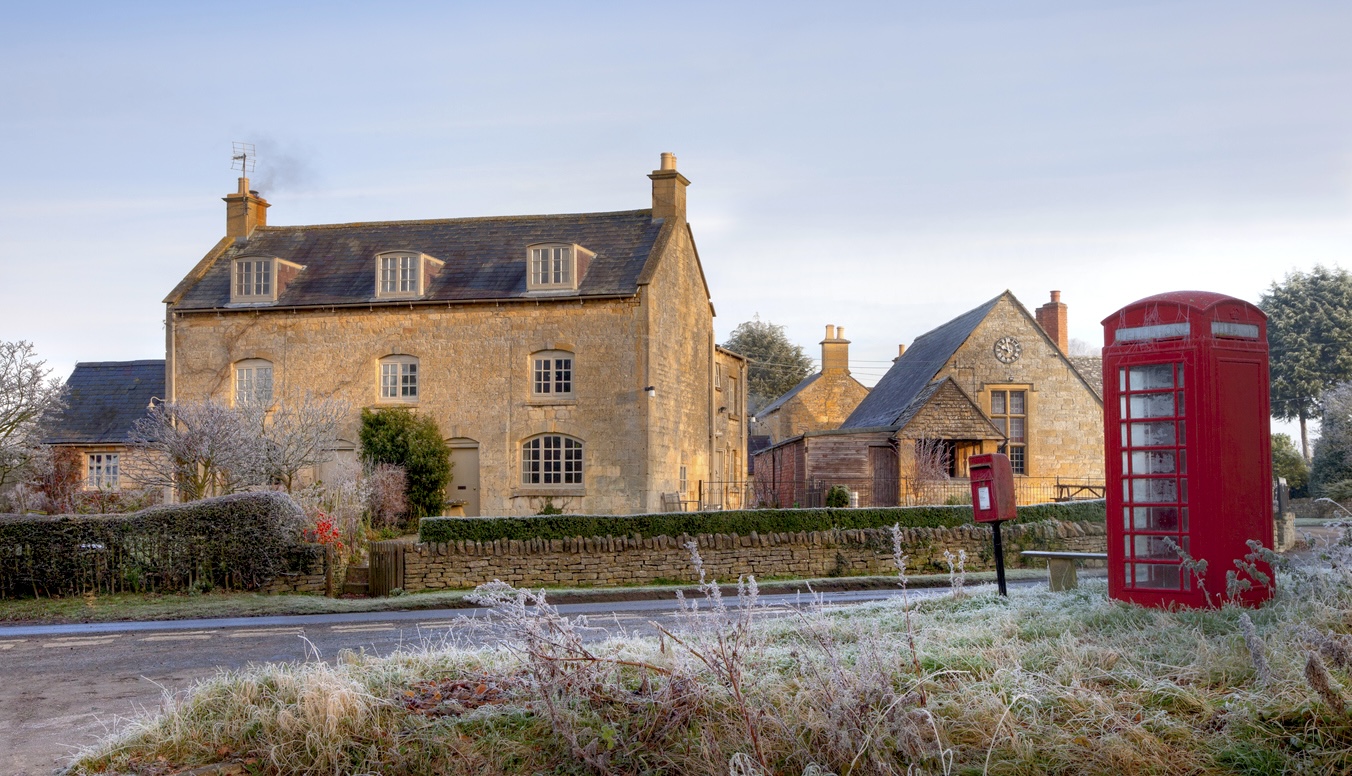I live in a village in Oxfordshire. Before we moved here, a WhatsApp group was set up to help the community navigate the pandemic. It was, other villagers tell me, a lifeline. But the village WhatsApp is still going. No longer a herald of government diktats, it is now a busy forum with photos of abandoned parcels, a slow cooker in an unknown kitchen, someone’s cat staring blankly at me, and, most worryingly, a snap of the village playground littered with beer cans.
The WhatsApp group seems to have exposed the realities of the rural social contract
There are village announcements too, stories of the occasional lost dog and items that people don’t want to flog but are happy to give away. I have used it several times to rid myself of the odd chair and once got hold of an emergency plumber when we found ourselves ankle-deep in drain water on a Saturday morning.
When we arrived in the village from the city, I found the WhatsApp group charming and warm; the virtual equivalent of a neighbour calling in. Here, at last, I thought, was community, as my phone pinged all day long with messages. But it soon proved hollow. I scanned the faces of people I saw in the lane, asking myself if I might recognise them from their digital avatars. I pre-empted conversations with people based on messages I had read. I imagined divisions of wealth and class when there were probably none. Asked by my husband to dispose of a table by posting it on the group, I felt overcome by a sudden anxiety, something between social awkwardness and the dread of bothering people; every message you send goes to 180 people after all.
The knowledge of the village WhatsApp seemed to silently change the chats I’d have down the pub or outside church. I began to experience a social impatience, frustrated at the time it takes to get to know people properly. In the era of on-demand everything, I had mistaken the village WhatsApp for an instant community.
But a virtual village on your phone is a poor imitation of the real thing. I still felt lonely. Having always dwelled in cities, I hadn’t realised how different urban anonymity is from its rural counterpart. I could no longer enjoy the city’s existential angst seen through a rainy cafe window. Instead, I peered into my phone and wondered how I would fit into the rural idyll seen through a screen. My desire to join in – at first exuberant – turned into a desire to skulk around unseen, my presence unrecorded on the group. Turns out, the city dwells within us for far longer than we might think.
Recently, there’s been a growing feeling of dissent among our neighbours. Admins, or rather the village chieftains, have begun to send polls to determine what it is that people want to see broadcast on the group. Revolution hangs heavy in the air. Not everyone, it seems, is happy to receive a reminder to support the village pub on a Friday night. Not everyone is happy to see businesses advertising their services or people selling items.
Individual consumerism, that enemy of non-transactional civic society, has begun to muddy the waters. Is it right to try to sell your son’s old Playmobil among discussions about clearing up the playground after the youths have trashed it? The WhatsApp group seems to have exposed the uncomfortable realities of the rural social contract.
I look at the (now archived) thread as I write this. The group rumbles on: reaction to the poll has been middling, an intense exchange takes place (again) over which internet provider has the fastest broadband, someone asks for a very long ladder. In among all this, I see that an elderly woman I know has posted a picture of her husband who died recently, captioned with a statement about how much he loved life. I decide not to leave the group.







Comments